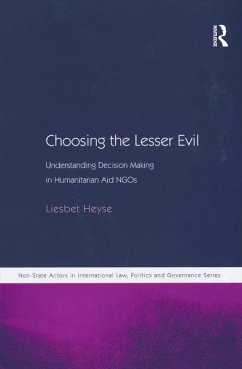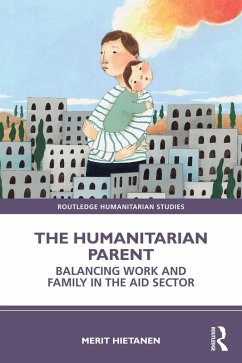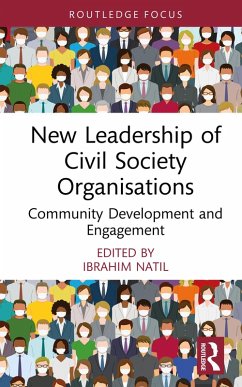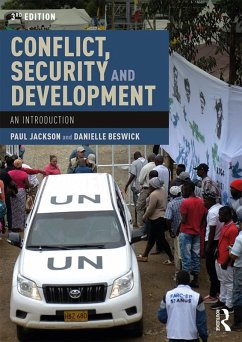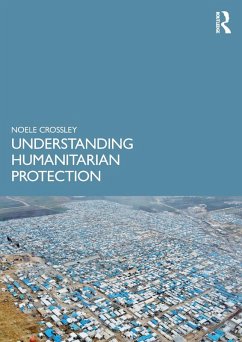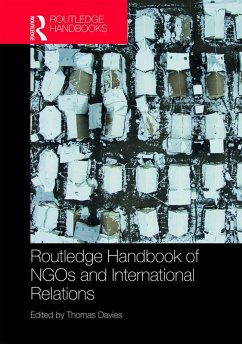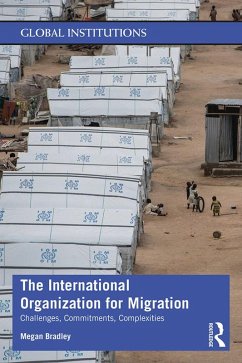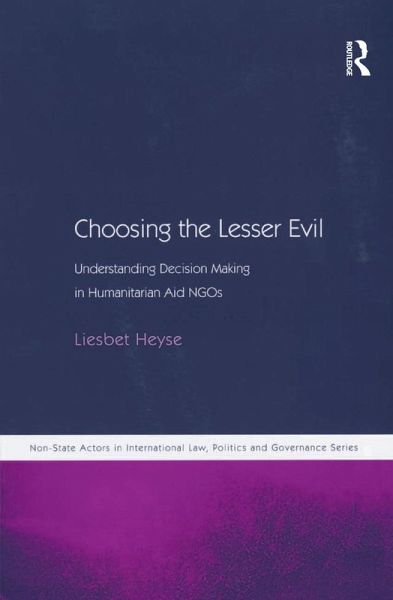
Choosing the Lesser Evil (eBook, ePUB)
Understanding Decision Making in Humanitarian Aid NGOs
Versandkostenfrei!
Sofort per Download lieferbar
52,95 €
inkl. MwSt.
Weitere Ausgaben:

PAYBACK Punkte
26 °P sammeln!
How do non-governmental humanitarian aid organizations initiate, terminate and extend their project activities? Humanitarian aid organizations regularly face difficult decisions about life and death in a context of serious time constraints which force them daily to select whom to help and whom not to help. Liesbet Heyse focuses on how humanitarian aid organizations make these decisions and provides an inside view of the decision making processes. Two NGO case studies are used as illustration - Médecins sans Frontières (MSF) and Acting with Churches Together (ACT) - both of which operate in a...
How do non-governmental humanitarian aid organizations initiate, terminate and extend their project activities? Humanitarian aid organizations regularly face difficult decisions about life and death in a context of serious time constraints which force them daily to select whom to help and whom not to help. Liesbet Heyse focuses on how humanitarian aid organizations make these decisions and provides an inside view of the decision making processes. Two NGO case studies are used as illustration - Médecins sans Frontières (MSF) and Acting with Churches Together (ACT) - both of which operate in an international network and represent specific types of NGOs often found in the community. This book opens up the black box of NGO operations, provides an empirical account of organizational decision making and combines insights of organization theory and organizational decision making theory.
Dieser Download kann aus rechtlichen Gründen nur mit Rechnungsadresse in A, B, BG, CY, CZ, D, DK, EW, E, FIN, F, GR, HR, H, IRL, I, LT, L, LR, M, NL, PL, P, R, S, SLO, SK ausgeliefert werden.




